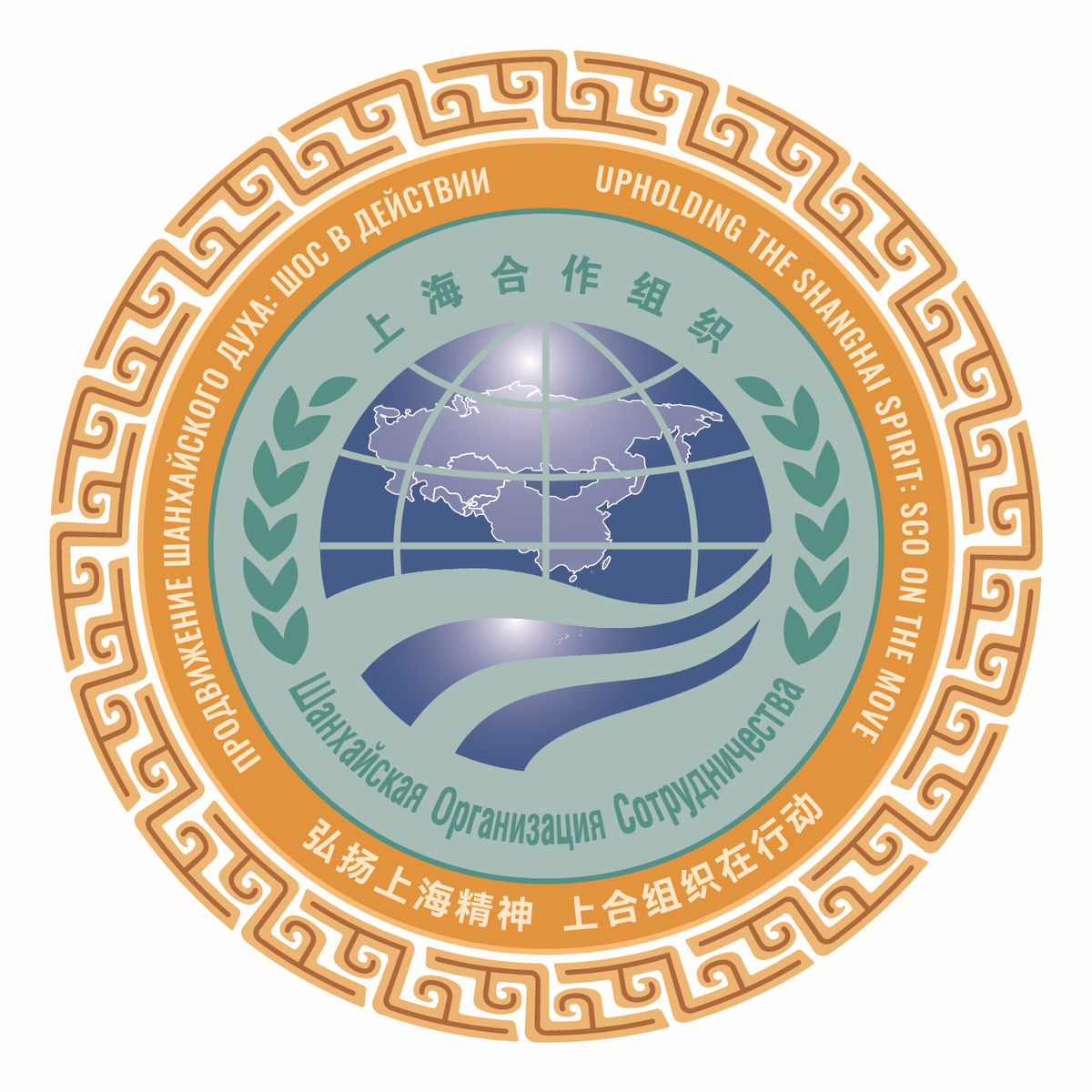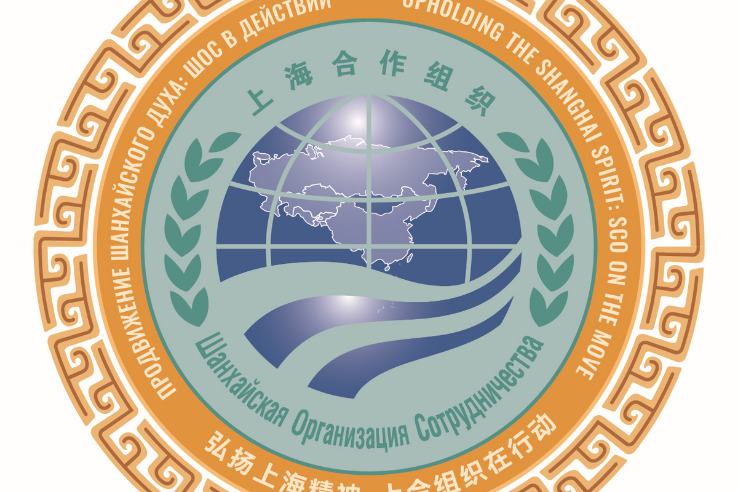Terrorism fight still SCO's remit


The Shanghai Cooperation Organization, founded in 2001, focuses on reinforcing security measures against terrorism, extremism and separatism. This allows SCO member states such as China and Pakistan to play an important role within the organization to combat the "three evils", particularly through the Regional Anti-Terrorist Structure, which is central to the SCO's counterterrorism strategy. Through the said mechanism, member states engage in counterterrorism initiatives and share information to mitigate terrorism challenges.
With regard to counterterrorism, Pakistan's geographical position and role are crucial given its involvement in megaprojects such as the China-Pakistan Economic Corridor, which is seen as a "demonstration project of multilateral Belt and Road Initiative", as stated recently by visiting Chinese Premier Li Qiang during his interaction with Pakistani Prime Minister Shehbaz Sharif.
With SCO already emphasizing the importance of combating terrorism at the recently held summit in Astana, counterterrorism remained high on its agenda during the Islamabad meeting as well.
Importantly, India, being a member of the SCO, also participates in the government-level meeting of the SCO. Despite the conventional rivalry between India and Pakistan, the former has participated in SCO summits in the past, focusing on strengthening the fight against terrorism, boosting economic partnership and safeguarding regional stability.
India has accused Pakistan of harboring terrorism while Pakistan has held India responsible for terrorist activities in, for example, Balochistan. Kulbhushan Jadhav, arrested and incarcerated in Pakistan for spying for India, is a case in point. In fact, the Indian prime minister has publicly admitted to having "interfered" in and "hit" Pakistan.
Since the two countries share a complicated history and unique political and security dynamics, normalization of bilateral relations seems a distant dream. Indeed, Indian External Affairs Minister Subrahmanyam Jaishankar has hinted that his country will engage with the SCO, and not Pakistan.
It is unfortunate that the two countries, facing various challenges, are letting important opportunities go to waste instead of discussing pressing issues on the sidelines of the meetings of regional organizations such as the SCO.
Indian politicians and the top leadership ought to pay a serious heed to what former Pakistani prime minister Nawaz Sharif said during his interaction with an Indian journalist. Sharif said he wished the two countries talked to each other to find a meaningful way out of all the outstanding issues.
But even though the SCO may not succeed in pushing India and Pakistan toward normalization of ties, it can serve as a platform for diplomatic engagement between the two countries, especially when it comes to addressing broader regional security issues. The SCO will continue its operations regardless of the development of India-Pakistan relations, as regional institutions have become increasingly significant in international politics, providing states with opportunities to secure alliances and guard against multiple threats.
The SCO has time and again reaffirmed its core objectives, namely, fighting terrorism, strengthening regional diplomacy and boosting economic cooperation. Apart from sharing strategies of countering terrorism in the region, the SCO also discusses how to reduce the financial dependence on Western financial systems, specifically on the US dollar and SWIFT (Society for Worldwide Interbank Financial Telecommunication), and strengthen regional currencies.
This agenda is primarily driven by SCO members such as Russia and China, which aim to establish an alternative global financial system. Moreover, China's CIPS (Cross-Border Interbank Payment System) and Russia's SPFS (System for Transfer of Financial Messages) exemplify such efforts to counter the Western financial dominance and mitigate the impact of financial sanctions.
However, this presents a dilemma for Pakistan, which is financially dependent on the West through International Monetary Fund loans while also benefiting from China's investments under CPEC. India, on the other hand, is less reliant on external financial sources due to its expanding economic profile with a diversified foreign policy.
Pakistan thus needs to calculate its choices carefully. Domestic political stability, however, is a priority for Pakistan in its negotiations with key stakeholders. In this respect, political parties and civil society have a role to play.
Last but not least, the SCO ought to move beyond rhetorical condemnations and address the root causes of terrorism — extreme poverty, lack of good education, violent extremism, and external factors — through comprehensive but collective measures and mechanism.
In the future, the SCO should focus on expanding intelligence sharing, coordinating military operations among member states through joint counterinsurgency training, and promoting resource sharing to bridge the technological gap with the more advanced SCO members, such as China and Russia, and those in Central and South Asia. However, effective counterterrorism strategies depend on collaborative efforts across the suggested domains.
If these challenges are not addressed, the cycle of terrorism, violence and extremism is likely to persist, thus undermining regional stability as well as institutional and operational value of regional and international organizations.
Ejaz Hussain, an invited researcher at Fudan Development Institute, Fudan University, is an associate professor at Lahore School of Economics; and Sofia Najeeb is an undergraduate student in political science at the Lahore School of Economics. She also works as a research assistant.
The views don't necessarily reflect those of China Daily.
If you have a specific expertise, or would like to share your thought about our stories, then send us your writings at opinion@chinadaily.com.cn, and comment@chinadaily.com.cn.


































